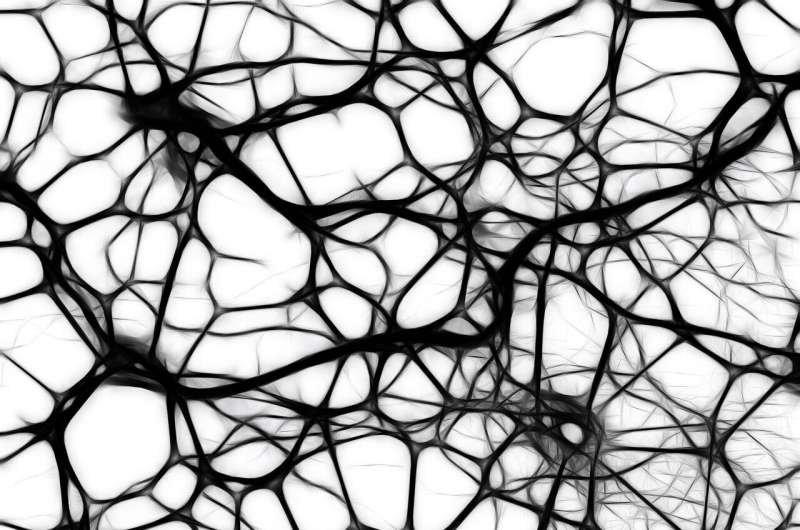Mental map of space is stabilized by sugar coated neurons

A reliable sense of space is essential for daily life and memory formation. Removing sugar coated proteins around neurons in the brains’ internal gps makes the mental map of space unstable, shows a study published in the journal Nature communications.
Scientists from the University of Oslo, Norway have shown that the sugar coated extracellular matrix proteins, called perineuronal nets, that wrap densely around neurons in the brain, are responsible for long-term stability of the mental maps. This study is the first to link extracellular matrix to the stability of our sense of space.
Every time you revisit a place, neurons will be reactivated in the exact same place telling you where you are. “When we removed the perineuronal nets from neurons in the entorhinal cortex in rats, we observed that new grid maps formed more slowly in novel environments compared to grid cells from rats that had intact perineuronal nets. Even more surprising was that when the
rats returned to their familiar arenas, also the stored grid maps had become unstable,” says main author Charlotte Christensen. “This suggests that the perineuronal nets contribute to maintain the integrity of stored mental maps and prevent them from being overwritten by new experiences.”
Source: Read Full Article
